Working paper / March 2018
EU-STRAT’s eighth working paper is out. Click on the paper title below to download PDF.
Working Paper No.8 (2018): How Bilateral, Regional and International Regimes Shape the Extent, Significance and Nature of Interdependencies
Authors:
Rilka Dragneva, Laure Delcour, Marta Jaroszewicz, Szymon Kardaś, and Carolina Ungureanu
Abstract:
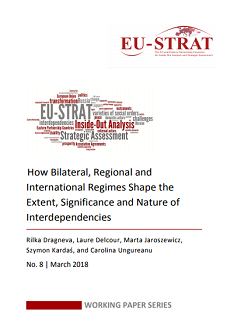 In discussing relations between post-Soviet countries, interdependence, and dependence on Russia in particular, is often portrayed as a natural inevitability. What this ignores, however, is that interdependence can be created and perpetuated by policy itself. It is the outcome of a political game where a range of interests is involved, resulting in a set of governance arrangements or regimes. Understanding this dynamic has important implications for the effectiveness of the European Union’s engagement in the region.
In discussing relations between post-Soviet countries, interdependence, and dependence on Russia in particular, is often portrayed as a natural inevitability. What this ignores, however, is that interdependence can be created and perpetuated by policy itself. It is the outcome of a political game where a range of interests is involved, resulting in a set of governance arrangements or regimes. Understanding this dynamic has important implications for the effectiveness of the European Union’s engagement in the region.
This paper examines what regimes interdependence between Russia and its neighbours (Belarus, Moldova and Ukraine) are embedded in, but also how these arrangements affect interdependence in their own right. The focus here is on formal international agreements between these countries, but also on less institutionalized interactions and transactional dealings governing relations across four sectors of notable interdependence: trade, migration, energy and security. The sectoral analysis is based on a number of key theoretical propositions we formulate in the beginning of the paper about how the nature and characteristics of governing regimes affect interdependence or that is, the countries’ sensitivity and vulnerability to Russia’s actions as per Keohane and Nye’s framework. Importantly, we examine regimes not in isolation but note that certain subject matters are often regulated by a set of overlapping bilateral, regional or international agreements. Similarly, we note that interdependence is affected by interactions between regimes across sectors, reflecting a propensity for issue linkage.
We find that, despite variations in nature and design, formal regimes developed post-USSR provide few constraints on Russia’s unilateral actions and have thus served to perpetuate the neighbours’ sensitivity. Overlaps with regional frameworks have been important particularly with regard to Belarus, but have produced similar effects. International regimes, such as the World Trade Organization and international arbitration, have the potential to induce a rule-based dynamics. However, the reduction of vulnerability is ultimately conditional on the progress of domestic reform. The implications for the European Union, which relies on sophisticated, rule-based regimes in marked contrast with Russia’s reliance on weak and non-transparent arrangements, are many and deserve further exploration. They all, however, point to the argument that the European Union should offer not only rule-dense regimes to the Eastern partners, but frameworks offering actual policy alternatives and allowing the prioritization of key domestic reforms.
 One country – two economic systems? The ‘partial reforms’ experiment in Belarus
One country – two economic systems? The ‘partial reforms’ experiment in Belarus
 In discussing relations between post-Soviet countries, interdependence, and dependence on Russia in particular, is often portrayed as a natural inevitability. What this ignores, however, is that interdependence can be created and perpetuated by policy itself. It is the outcome of a political game where a range of interests is involved, resulting in a set of governance arrangements or regimes. Understanding this dynamic has important implications for the effectiveness of the European Union’s engagement in the region.
In discussing relations between post-Soviet countries, interdependence, and dependence on Russia in particular, is often portrayed as a natural inevitability. What this ignores, however, is that interdependence can be created and perpetuated by policy itself. It is the outcome of a political game where a range of interests is involved, resulting in a set of governance arrangements or regimes. Understanding this dynamic has important implications for the effectiveness of the European Union’s engagement in the region. Newsletter /
Newsletter / 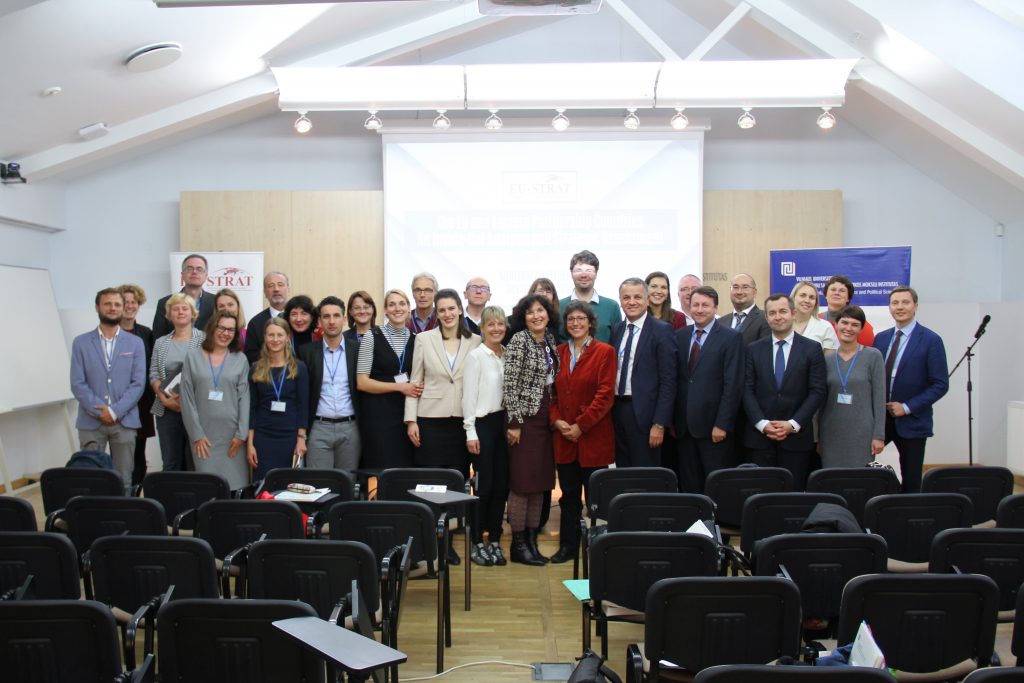

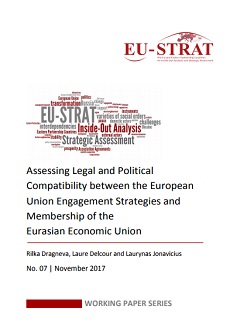 One of the challenges to EU’s Eastern Partnership (EaP) policy relates to structuring cooperation with countries
One of the challenges to EU’s Eastern Partnership (EaP) policy relates to structuring cooperation with countries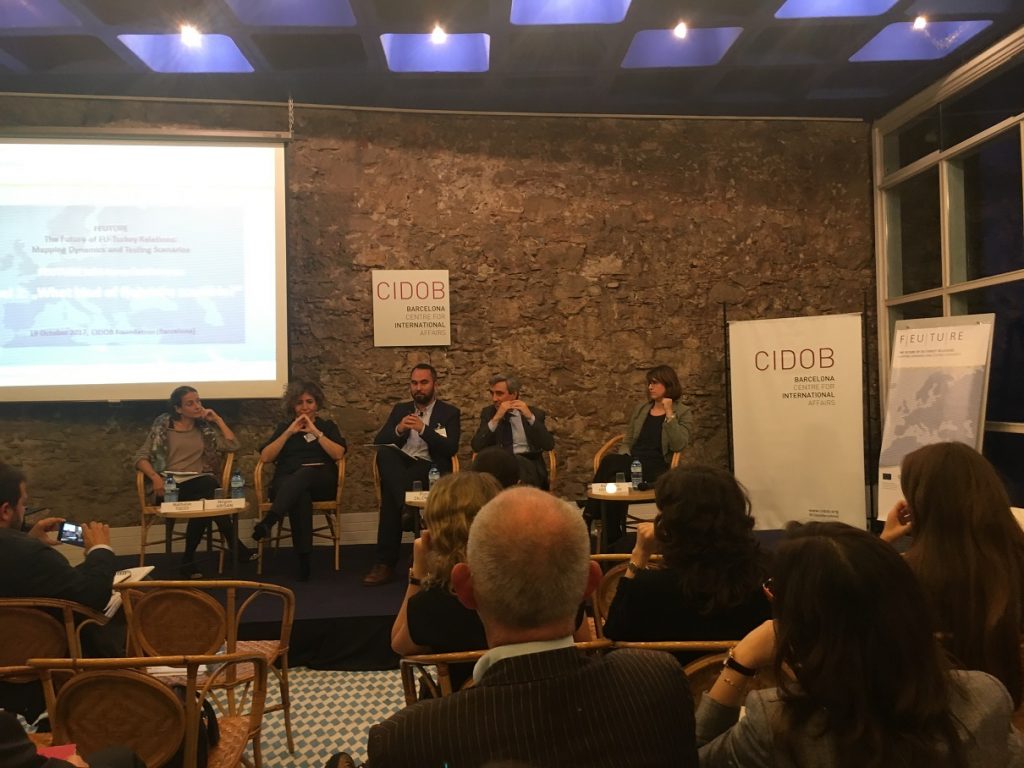
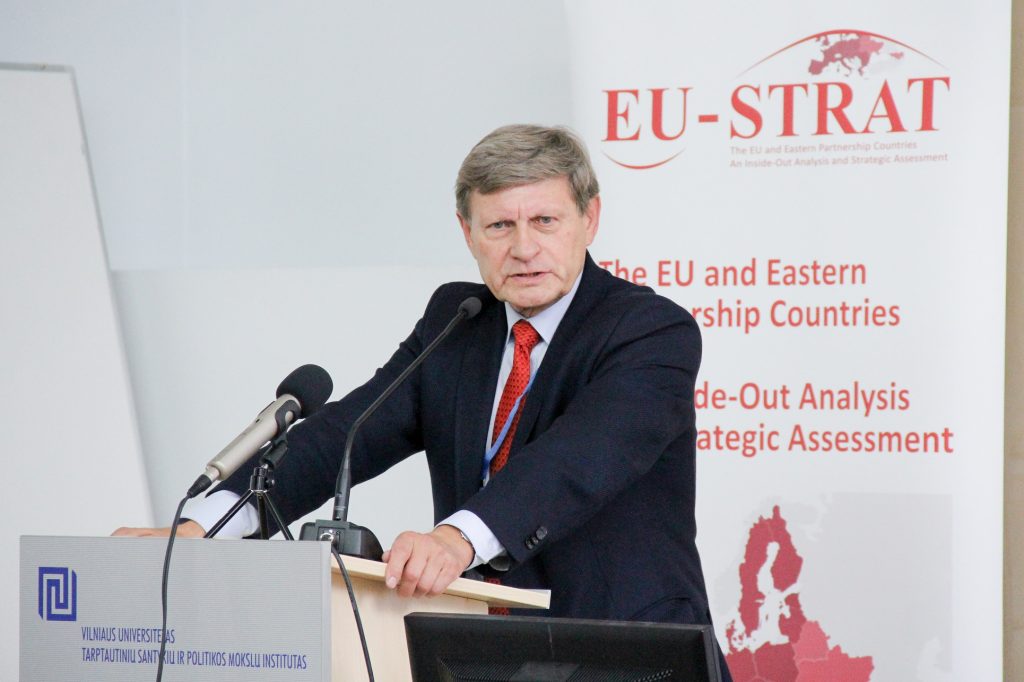
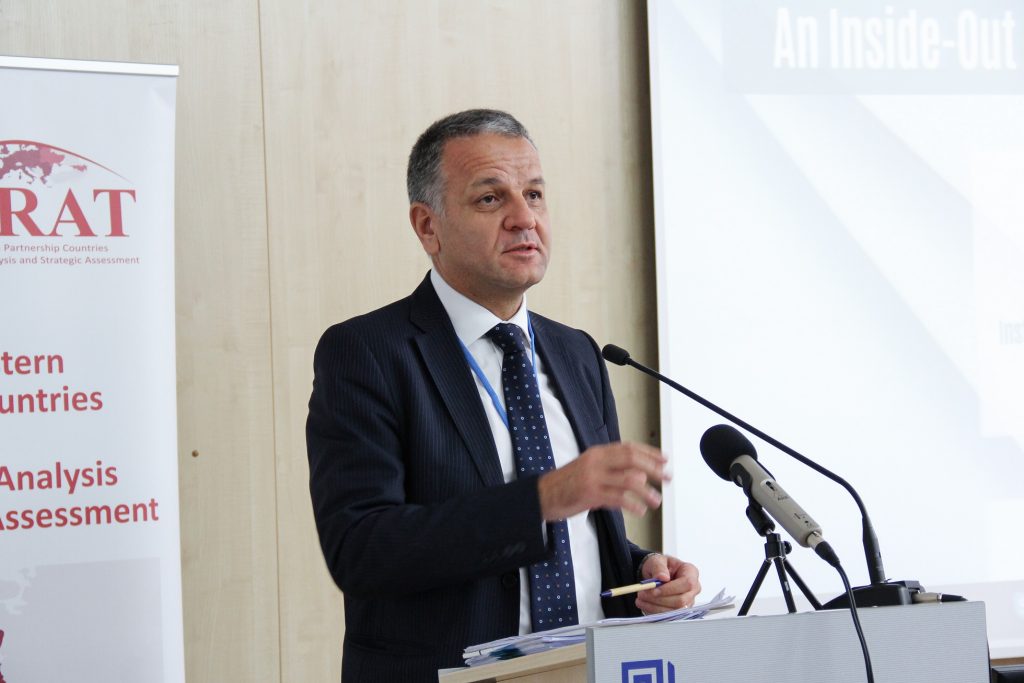
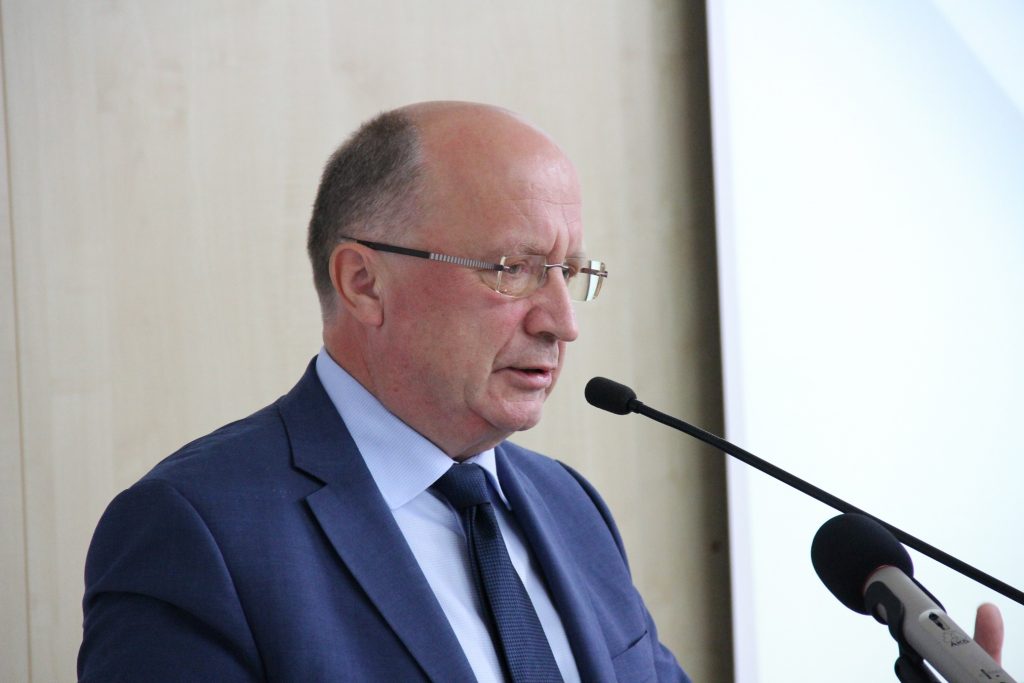
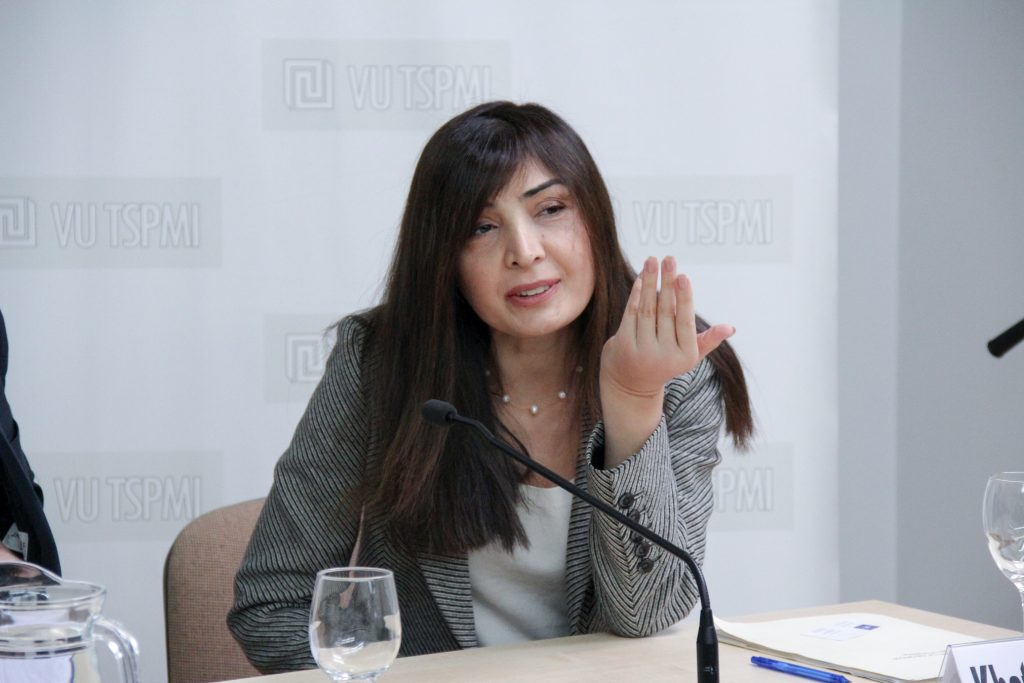
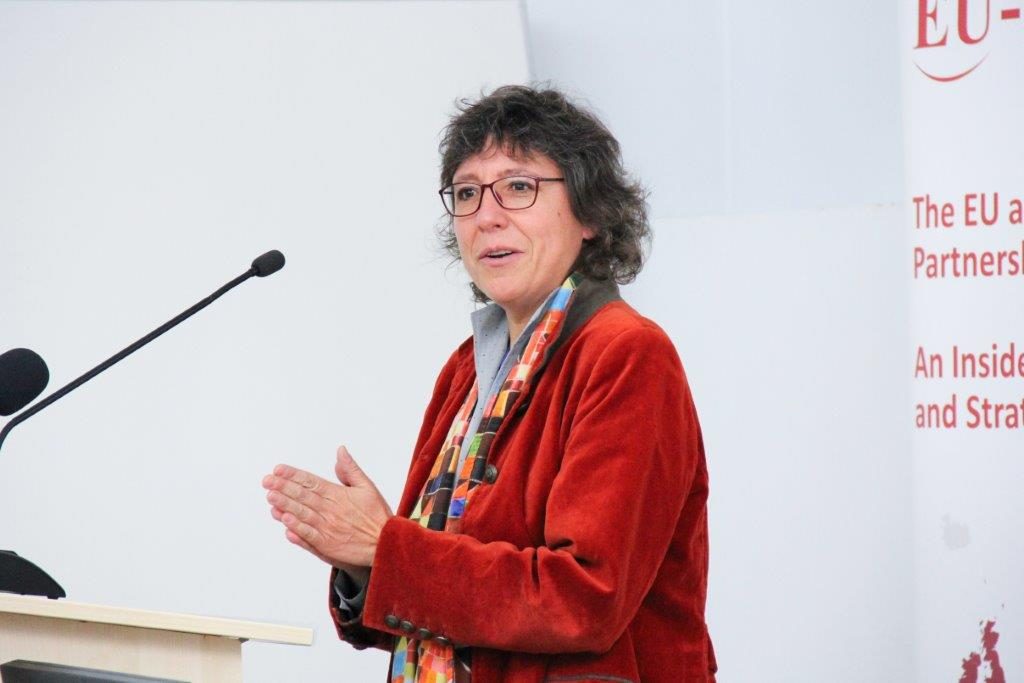
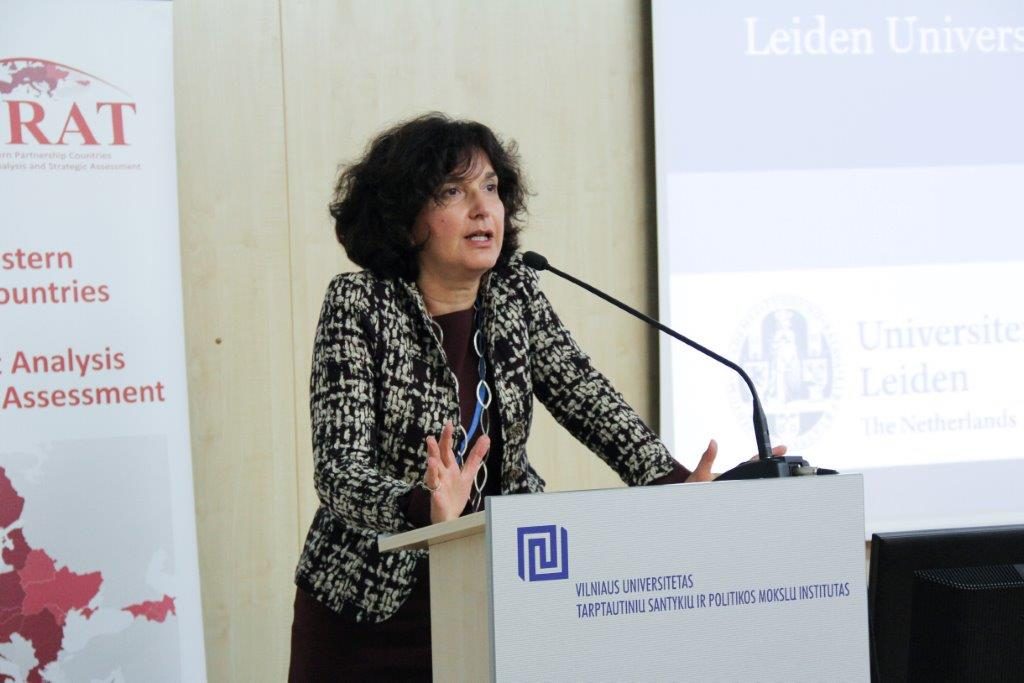
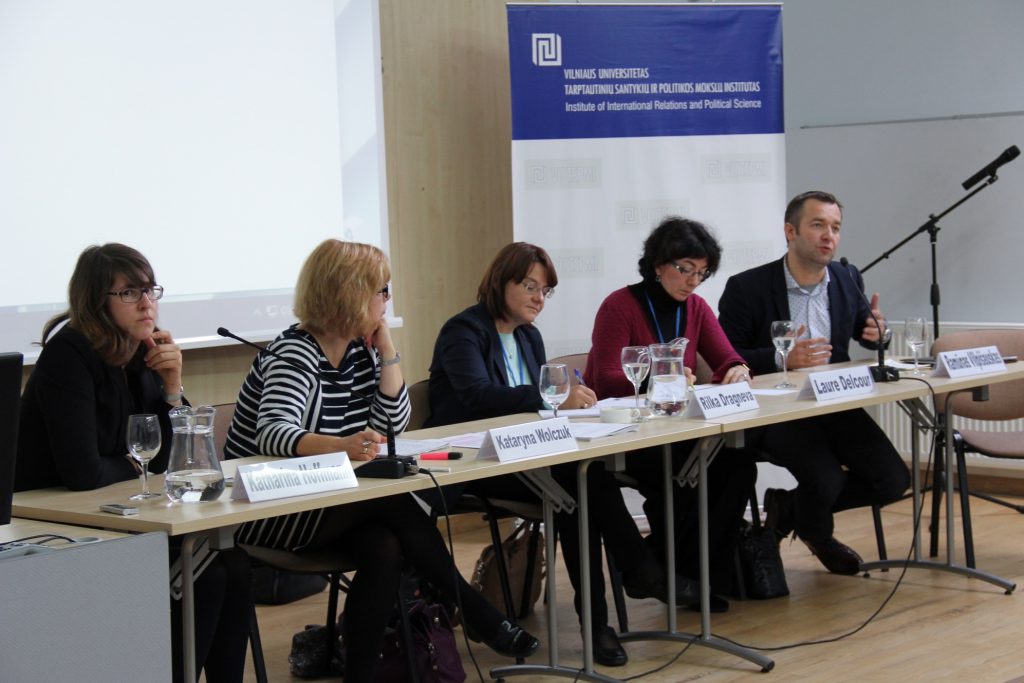
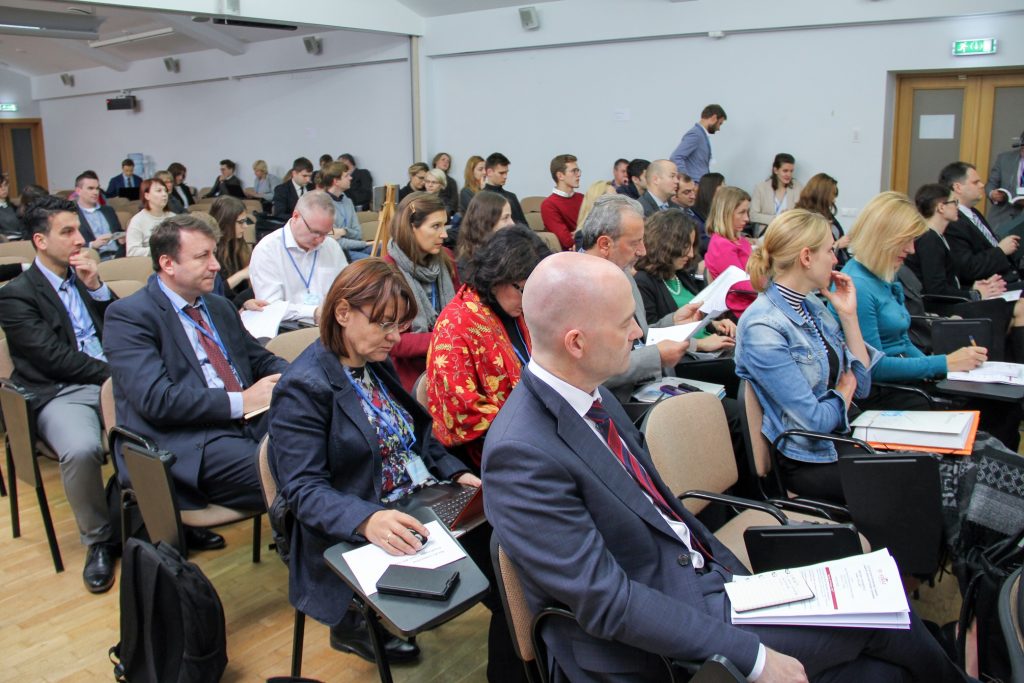
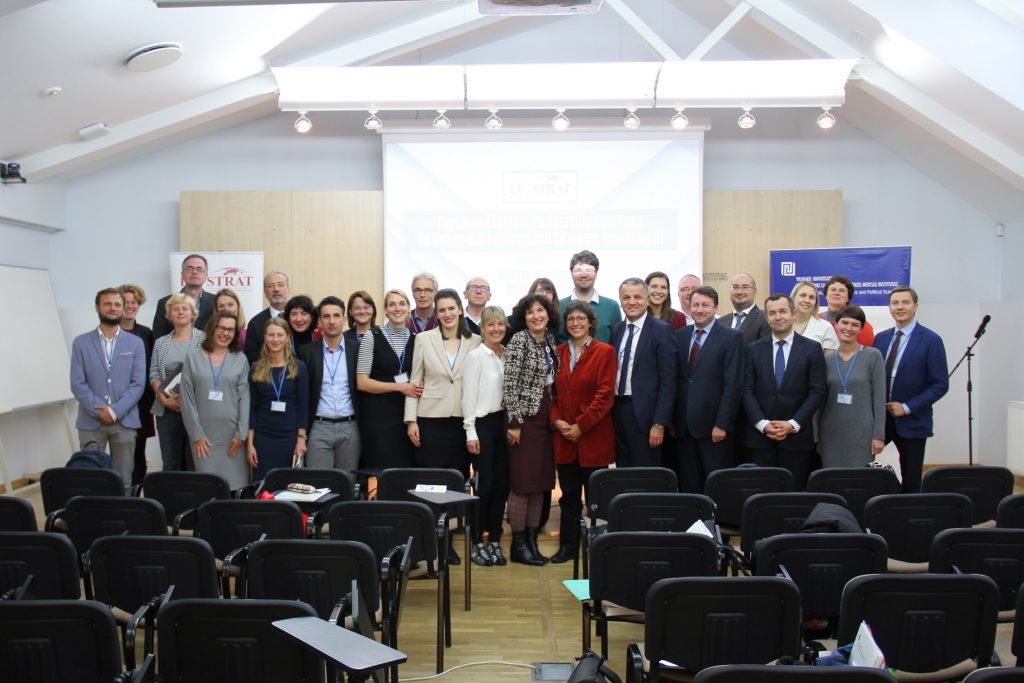
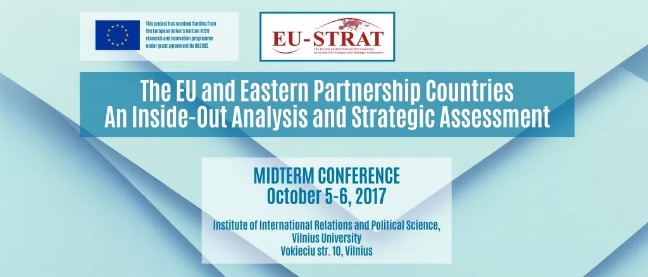
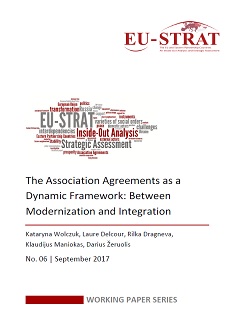 The EU has concluded the Association Agreements (AAs) with Georgia, Moldova and Ukraine. These are very ambitious, complex and comprehensive legal treaties. The AAs have a dual purpose: to enable political cooperation and economic integration with the EU and promote modernization of the partner countries. The key instrument in achieving these goals is the ‘export of the acquis’: the partner countries have taken on extensive, binding commitments to adopt the vast sways of the acquis.
The EU has concluded the Association Agreements (AAs) with Georgia, Moldova and Ukraine. These are very ambitious, complex and comprehensive legal treaties. The AAs have a dual purpose: to enable political cooperation and economic integration with the EU and promote modernization of the partner countries. The key instrument in achieving these goals is the ‘export of the acquis’: the partner countries have taken on extensive, binding commitments to adopt the vast sways of the acquis.